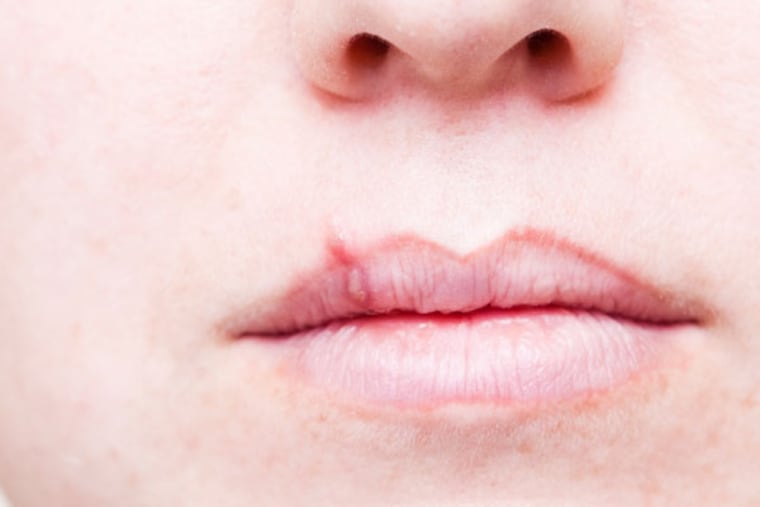Ask Dr. H: Mysterious cure for cold sores
Question: In your recent article about cold sores, it was very noticeable that you did not address the use of lysine, which I hear is pooh-poohed by medical professionals. I use it at the earliest onset of a cold sore, and it works great.

Question: In your recent article about cold sores, it was very noticeable that you did not address the use of lysine, which I hear is pooh-poohed by medical professionals. I use it at the earliest onset of a cold sore, and it works great.
Answer: While the most reliable treatment of cold sores has come from using antiviral pills such as Valtrex, Famvir, or Acyclovir or Denavir ointment, many people insist that taking the amino acid lysine at the onset of a cold sore (also known as canker sores) can work just as well.
For years I've taken 1-gram tablets two or three times a day at the earliest onset of a canker sore/aphthous ulcer with good success. Why it helps is not known, but there is a theoretical explanation as to how lysine can treat cold sores, which are caused by the herpes simplex virus. It seems that the amino acid arginine is necessary for the herpes virus to reproduce itself, and taking extra amounts of lysine blocks the action of arginine. It also may be helpful to reduce the intake of arginine-rich foods such as sesame and pumpkin seeds, and all nuts. Some people take lysine daily as a supplement and insist they never get cold sores or canker sores, but there's little study of this practice. Nonetheless, it's a pretty safe attempt at prevention.
In addition, over-the-counter cold sore medications help numb the pain, and they may speed healing. Keep in mind that if you did nothing, they'd be gone in about a week. Adequate sleep, good nutrition, and learning to handle stress will prevent more cold sores than any home remedies.
Q: I recently started using agave nectar syrup to sweeten my tea. I used to use an artificial sweetener, but I think it was making my migraines worse and so I switched to something natural. What do you think about agave sweetener?
A: Agave nectar is a popular honey substitute that's 1.4 times sweeter than sugar, and sweeter and thinner than honey. Folks enjoy this natural sweetener as an alternative to processed sugar and artificial sweeteners. While it looks like a thinner version of honey, it doesn't impart a strong flavor like honey can. In terms of calories, it has 60 calories per tablespoon, versus 46 calories per tablespoon for table sugar.
One thing to be aware of is that if you have an aversion to high fructose corn sweetener, agave nectar syrup actually has a much higher fructose concentration (90 percent fructose) than high fructose corn syrup (55 percent). That said, the amount (translation: caloric content) of fructose-rich agave sweetener that folks like yourself use in their tea is much less than that contained in a bottle of cola sweetened with high fructose corn syrup. Also, while agave nectar is fructose-rich, it actually has a much lower "glycemic index" than table sugar or high fructose corn syrup. That means in moderation it won't be as likely to spike one's blood sugar. This is important if you're diabetic or pre-diabetic. Of course that's still going to be much higher than the zero glycemic indices of such zero-calorie sweeteners as Splenda, Equal, or saccharin.